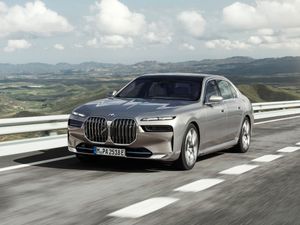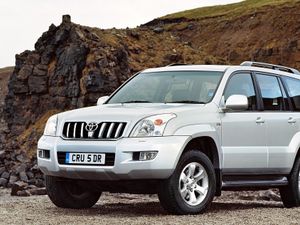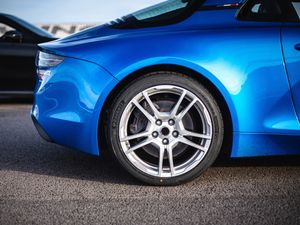What will the new BMW 7 Series and i7 be going up against?
BMW’s new luxury saloon faces some serious competition.

BMW’s 7 Series has been one of the brand’s core models since 1977, heading up the range as its flagship luxury saloon.
While facing increasing competition from high-end SUVs, the luxury car segment remains as important for manufacturers as ever – not least in markets such as the USA and China.
BMW is now back with a seventh iteration of the 7, bringing a bold new design language, vast levels of technology and electrified-only powertrains here in the UK.
Launching later this year – and before plug-in hybrid versions – is also the new electric i7 model, which is capable of up to 388 miles between charges.
But what will the new BMW 7 Series be up against? Let’s take a look.
Audi A8

The BMW 7 Series has long faced some serious competition from fellow German brands – not least Audi with its A8. This is another long-standing luxury saloon that excels with its classy design and seriously upmarket interior.
The A8 has also recently benefited from a mid-life update, bringing revised styling and additional technology. It’s the 60 TFSIe plug-in hybrid version that’s likely to be the key rival for the new 7 Series.
Mercedes S-Class

A true force to be reckoned with in the luxury car segment, the Mercedes S-Class remains a seriously impressive model that excels with its astonishing refinement and class-leading interior.
Mercedes also offers an S580e plug-in hybrid version that, thanks to a huge 28.6kWh battery, can travel on electric for a claimed 65 miles, giving it one of the longest electric ranges of any hybrid model.
Mercedes EQS

The key opponent to BMW’s new electric i7 is the Mercedes EQS. Designed to be the S-Class of the German brand’s ‘EQ’ EV line-up, this model boasts a sleeker design than the more traditionally shaped i7.
With a claimed electric range of up to 453 miles, the EQS is able to travel noticeably further on a charge than the i7 (mainly because of its larger battery). It’s also available with a feature known as the ‘Hyperscreen’, which has three displays that essentially digitalise the entire dashboard.
Rolls-Royce Ghost

It’s clear that BMW is aiming for the upper echelons with the latest 7 Series, thanks to features such as electric-closing doors and the new ‘Theatre Screen’ in the rear that aims to offer a cinema-like experience.
This level of luxury means it’s in contention with models such as the Rolls-Royce Ghost.
While in previous times the Ghost was actually based on the same underpinnings as the 7 Series (as Rolls-Royce is owned by BMW), this latest model uses bespoke underpinnings from the British luxury brand.
Offering sublime build quality and refinement, the Ghost is without doubt one of the best cars on sale – although you’d hope so, considering its £250,000 starting price…
Lexus LS

One of the lesser-known choices in the luxury car world that’s worth taking a look at if you want something a bit different than normal is the Lexus LS. Sold exclusively with a hybrid powertrain, this Japanese saloon offers a stunning design and top-class interior.
Available with features such as 28-way adjustable electric seats, a 24-inch colour head-up display and a 23-speaker Mark Levinson sound system, the LS certainly isn’t lacking when it comes to luxury.
Porsche Taycan

Since Porsche launched the Taycan as its first EV in 2020, it’s gone on to become one of the brand’s most popular cars. Bringing a stunning, tech-laden interior and a sporty driving experience, it’s one of the most fun electric cars on the market.
Although the Taycan is quite a bit smaller than the new 7 Series – as well as less roomy in the back – it’s a fantastic EV that’s still worth considering, particularly if you’re going to be the one in the driving seat, rather than being chauffeured around.





